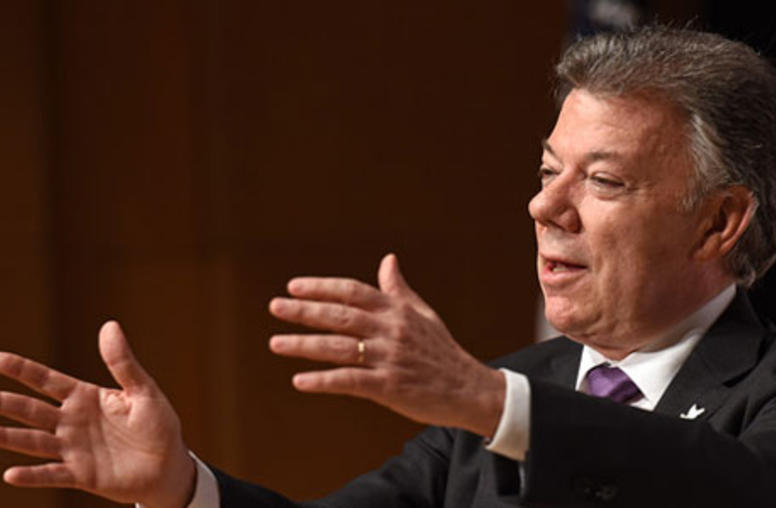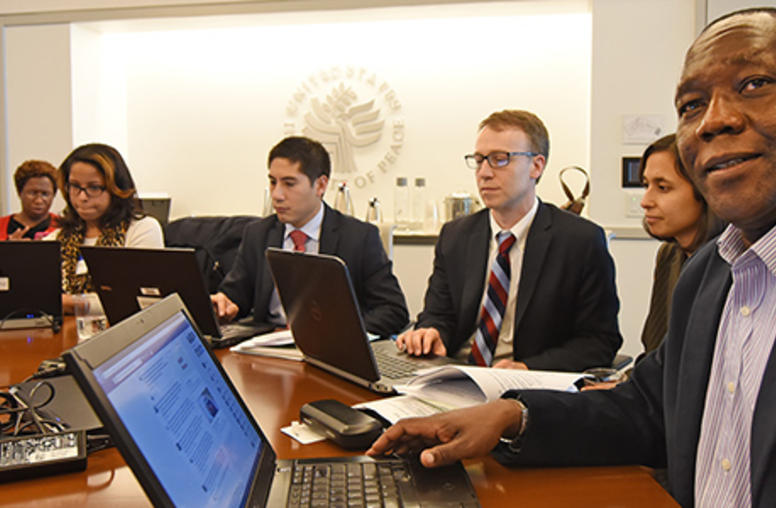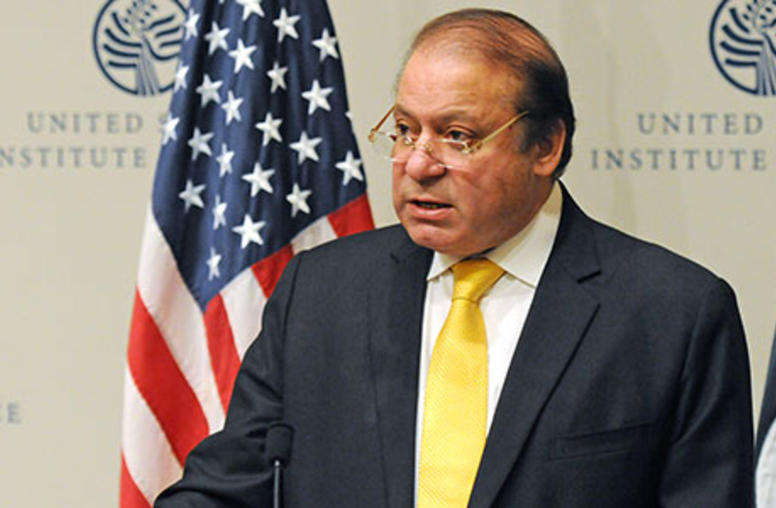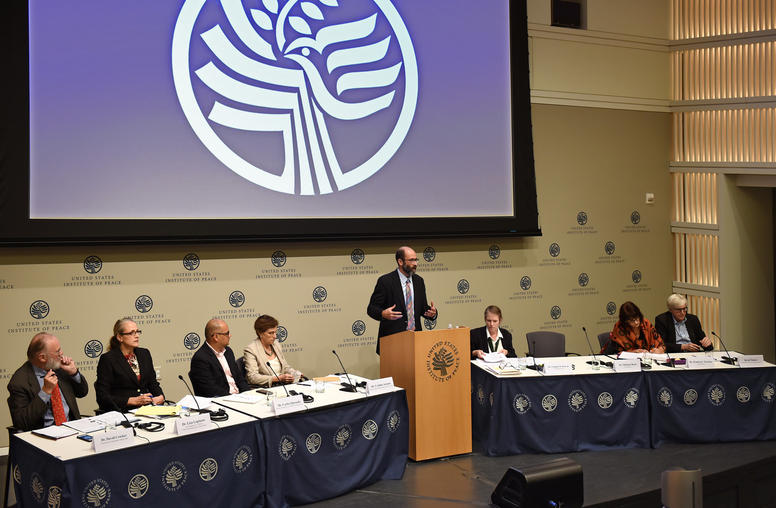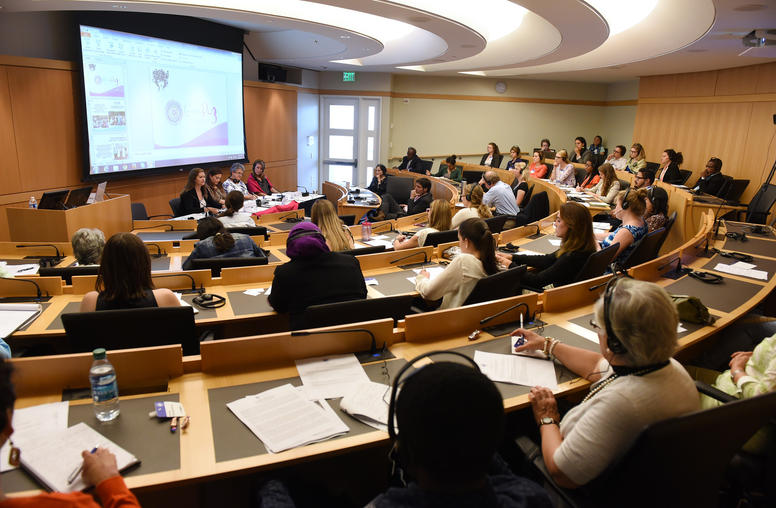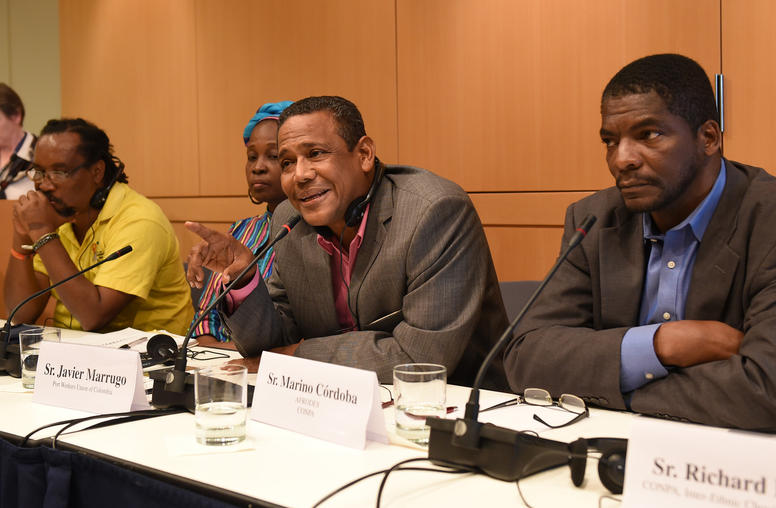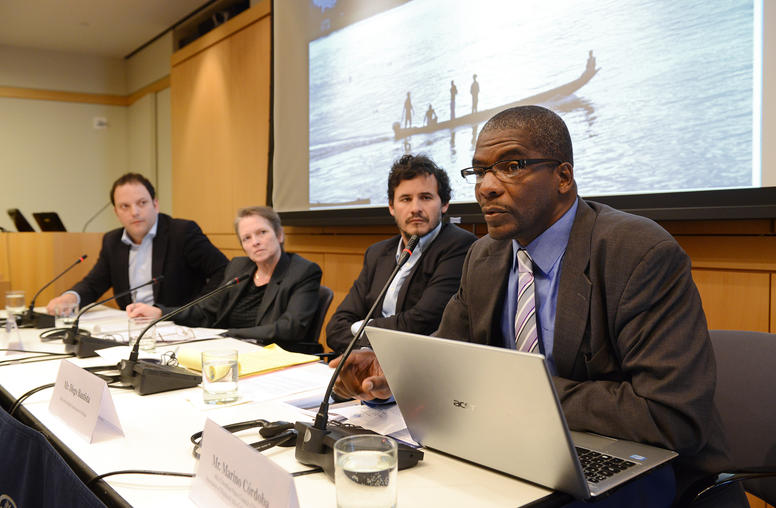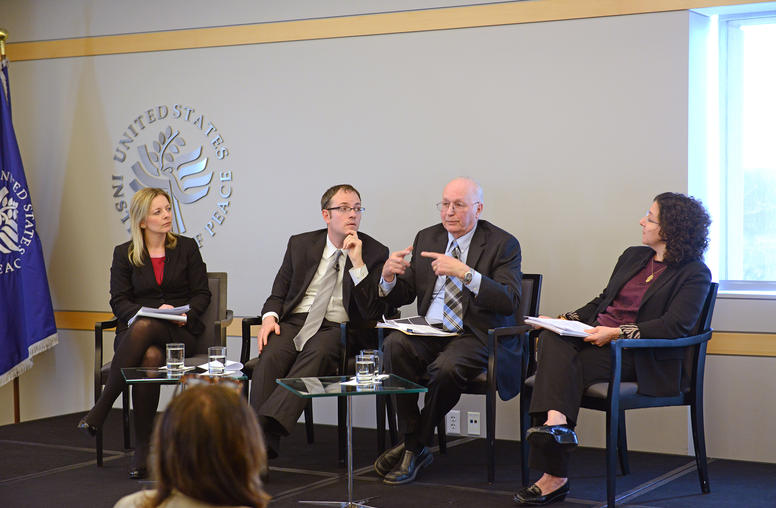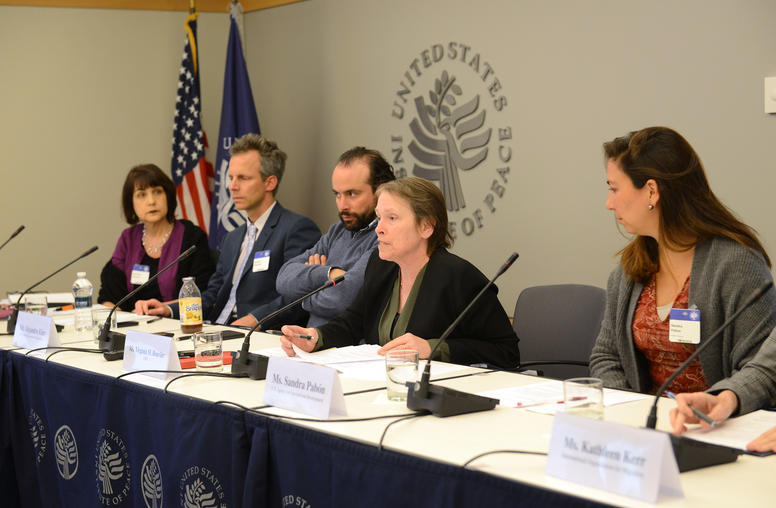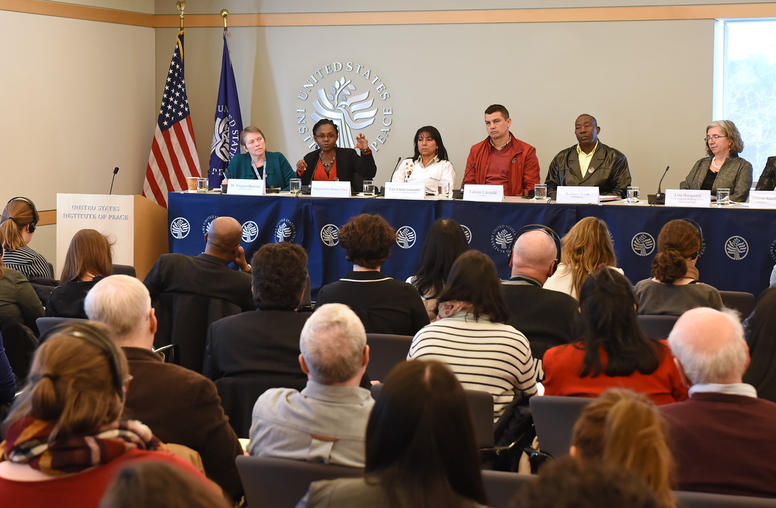
Colombia: Human Rights Defenders Building Sustainable Peace
Despite widespread optimism that a peace agreement will soon be reached in Havana, the war in Colombia continues, marked by a rise in attacks on human rights defenders. The U.S. Institute of Peace and its co-sponsors held an event to hear four winners of last year’s National Prize for the Defense of Human Rights in Colombia discuss the challenges they and their fellow advocates face in their regions, and the role of human rights defenders in building sustainable peace in Colombia.
